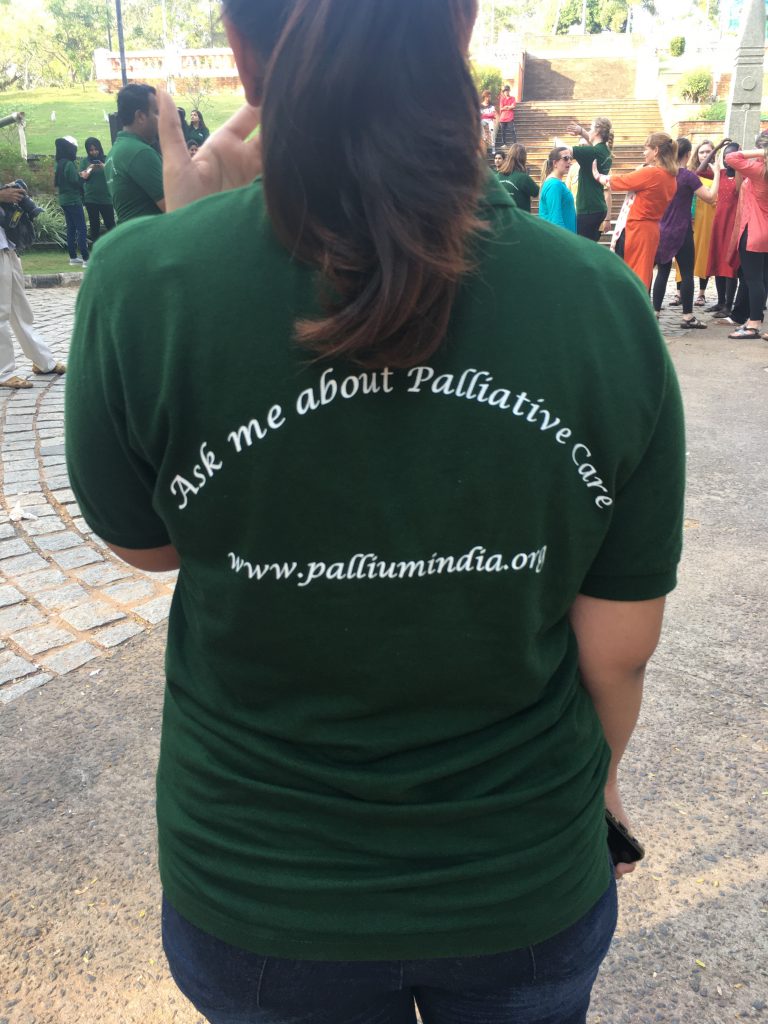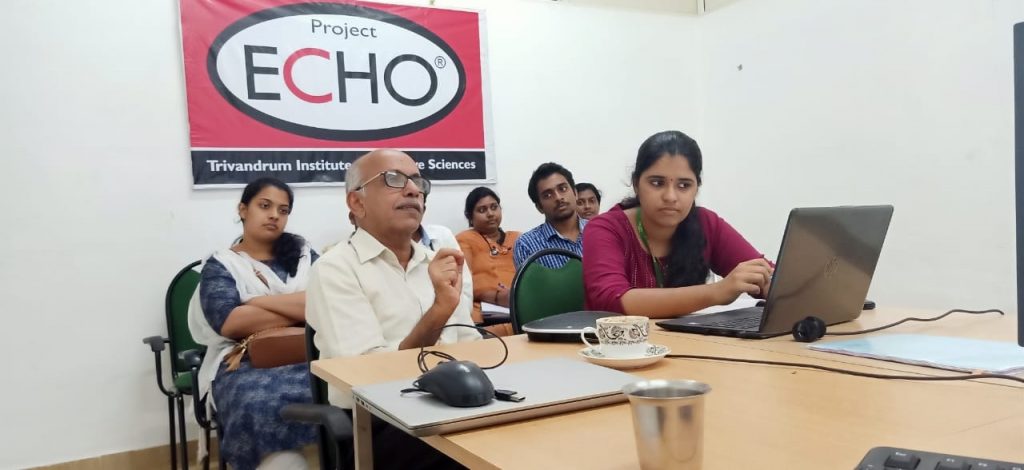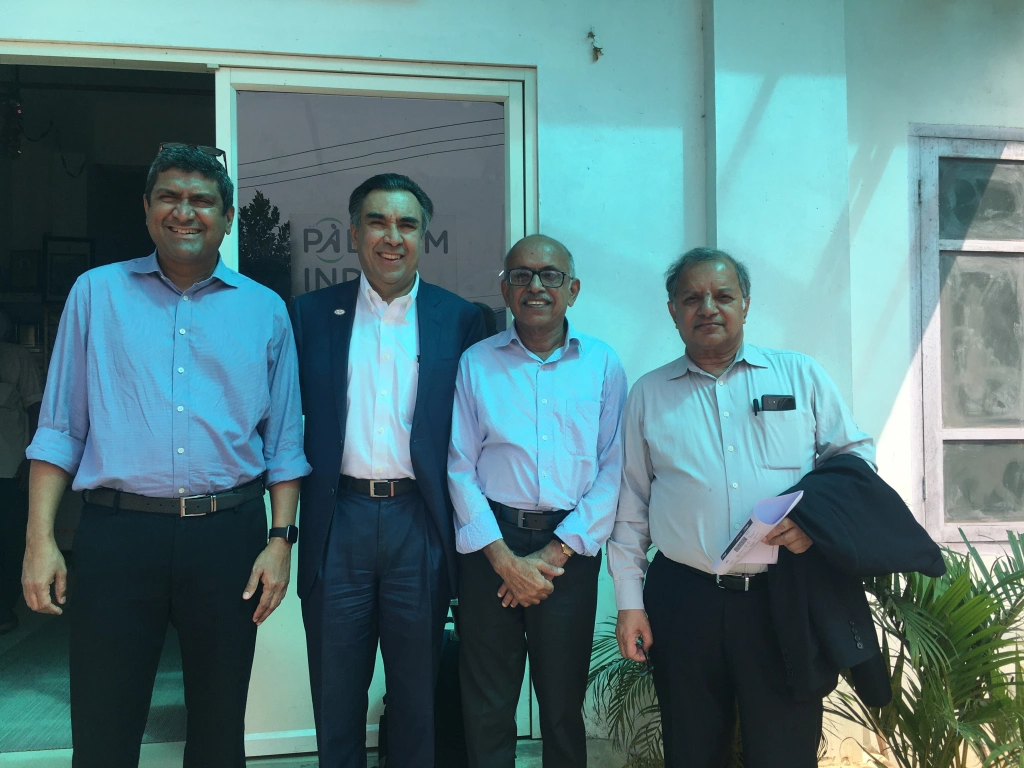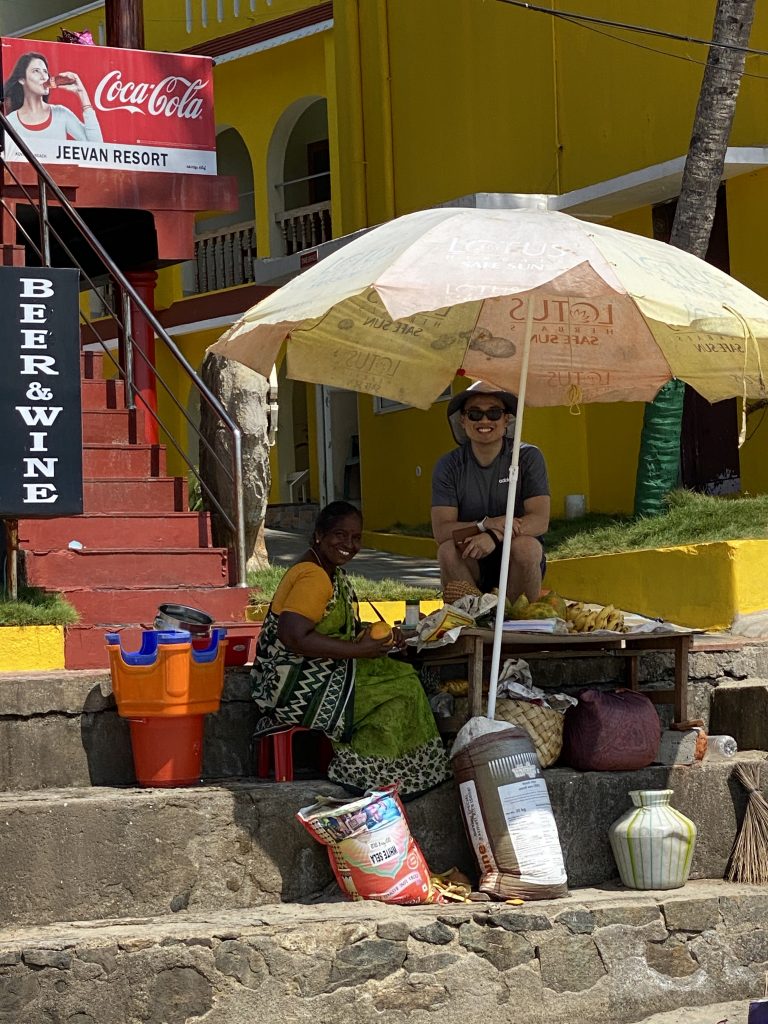
Less than 2% of Indians who need palliative care are receiving palliative care. There are strong palliative care programs in India. However the population of India is huge and most palliative care in centered in urban areas. Three years ago, palliative care advocates looked to Project Echo to provide the needed education to teams across the country.
Pioneered by Dr Sanjeev Arora at the University of New Mexico, Project ECHO uses very specific case based learning via video conferencing to teach specialty knowledge to primary care practitioners, activists, nurses, health care clinicians of all kinds. The goal is to “democratize knowledge” to create “forced multiplication” of willing and able clinicians who are trained to deliver care that might have been only available to patients who could travel to academic medical centers.
His landmark New England Journal of Medicine paper on the use of Project ECHO to treat and CURE Hepatitis C in the rural areas and in the prisons of New Mexico showed that Project ECHO trained primary care providers can reach the clinical success rates of specialty liver physicians.

Raised in India, Dr. Arora has a special interest in the success of Project ECHO in India to disseminate medical information across his vast country of origin. It has been highly successful at Pallium India.
Trivandrum Institute for Palliative Studies team have been using Project ECHO to change access to palliative care. Rajalekshmi Balu, the Project ECHO coordinator organizes physicians, nurses to teach palliative care in a very specific way via video conferencing to physicians, nurses and to the public. Now that the central Indian government has expressed an interest in palliative care with a palliative care policy and the Medical Council of India has suggested that there needs to be a palliative care curriculum in the medical schools, the mandate to meet these monumental educational needs is daunting.

I was lucky enough to watch the excitement at Pallium India during Dr Arora’s site visit last Sundayto Pallium India. How can the small group of specialists in palliative care move this forward for the whole country? How does one measure success? The discussion went on for hours and included the ECHO Director in India and a researcher from the renown Public Health Institute of India, all shown here with Dr MR Rajagopal.
And then I thought about the Veterans Administration (VA) Hospital in Iowa City where I work….
instead of travelling to the VA clinics to teach about palliative care principles, why not use this technique. In person is great, but the time investment might be better used with video technology. Could I start Project ECHO at the VA? Many VAs have Project ECHO currently functional to teach about pain, buprenorphine. Why not palliative care? Exciting to think about…

Here is your moment of Zen—my favorite fruit seller at Kovalam with Dr Theo Nguyen (also a favorite).
The best way to find yourself is to lose yourself in the service of others. Mahatma Gandhi
